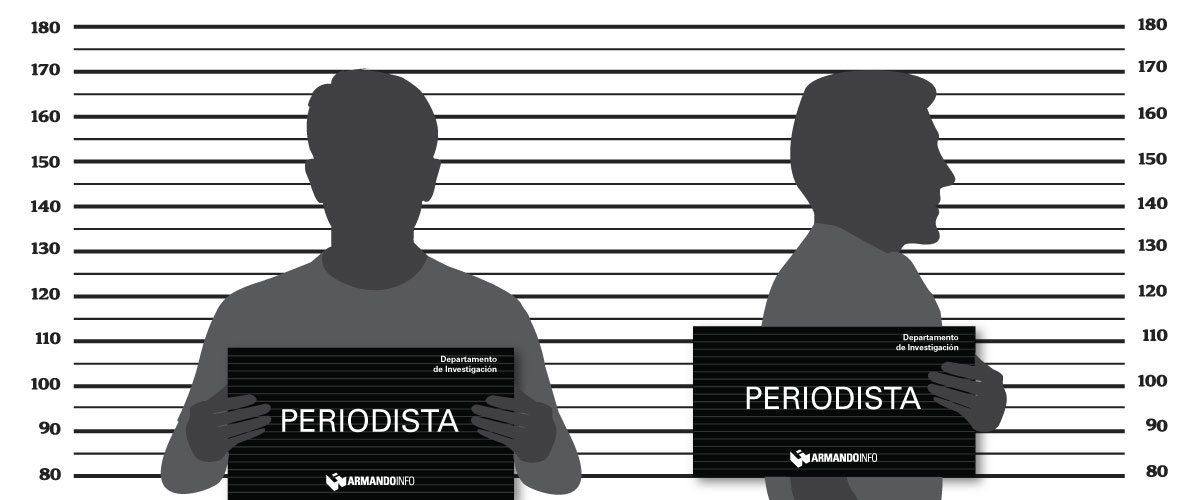
When Vice President Delcy Rodríguez turned to a group of Mexican friends and partners to lessen the new electricity emergency in Venezuela, she laid the foundation stone of a shortcut through which Chavismo and its commercial allies have dodged the sanctions imposed by Washington on PDVSA’s exports of crude oil. Since then, with Alex Saab, Joaquín Leal and Alessandro Bazzoni as key figures, the circuit has spread to some thirty countries to trade other Venezuelan commodities. This is part of the revelations of this joint investigative series between the newspaper El País and Armando.info, developed from a leak of thousands of documents.
Leaked documents on Libre Abordo and the rest of the shady network that Joaquín Leal managed from Mexico, with tentacles reaching 30 countries, ―aimed to trade PDVSA crude oil and other raw materials that the Caracas regime needed to place in international markets in spite of the sanctions― show that the businessman claimed to have the approval of the Mexican government and supplies from Segalmex, an official entity. Beyond this smoking gun, there is evidence that Leal had privileged access to the vice foreign minister for Latin America and the Caribbean, Maximiliano Reyes.
Scions of different lineages of tycoons in Venezuela, Francisco D’Agostino and Eduardo Cisneros are non-blood relatives. They were also partners for a short time in Elemento Oil & Gas Ltd, a Malta-based company, over which the young Cisneros eventually took full ownership. Elemento was a protagonist in the secret network of Venezuelan crude oil marketing that Joaquín Leal activated from Mexico. However, when it came to imposing sanctions, Washington penalized D’Agostino only… Why?
In front of the curtain of collapse of the major financial group in Portugal, José Trinidad Márquez, a native of Caracas, offered the stellar performance to his lifetime career of fraud. After swindling the high management of the bank, he’s taken refuge presumably in some part of Spain, where the press baptized him as “the golden middleman” or “the man with thousand faces”. With his well trained routine of a petroleum expert, who offers himself to try and arrange business connections with PDVSA, perfected over the course of more than two decades, he’s earned himself millions of dollars, as well as criminal accusations in various countries.
An important ‘cold case' of high finance under Chavism can finally be solved thanks to the revelations arising out of the recent intervention in Curacao of Banco del Orinoco N.V., one of the jewels of the financial empire of the tycoon from Barinas ―the failed purchase in 2015 of Televen, one of the main private TV channels [in Venezuela]. This risky adventure left Vargas owing money to a somewhat questionable creditor. After delays and pressure, the banker had to dip into the turnover of his oil companies to get out of the difficulty.
The paradisiacal tourist island of the Venezuelan Caribbean became, shortly after the death of President Hugo Chávez, in the place of a plot linked to tax havens. A leader of the far-left coalition Syriza and today powerful minister of the Greek Government, together with a Cypriot lawyer specializing in offshore business, who appeared in the Panama Papers traveled to the island. Nobody known with whom did they meet, but it is known that they completed their mysterious odyssey aboard a private jet of Majed Khalil, an entrepreneur linked to the Caracas regime.